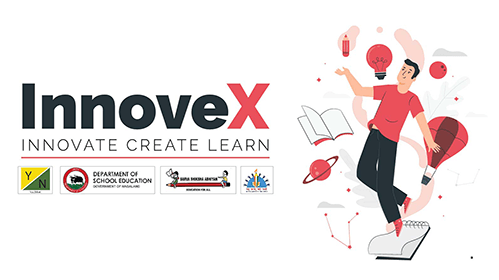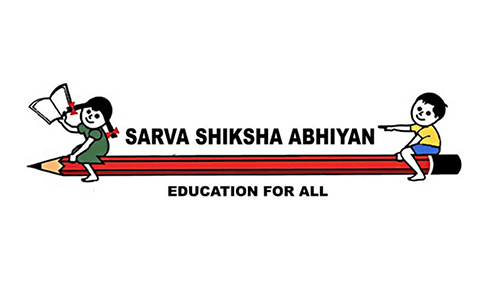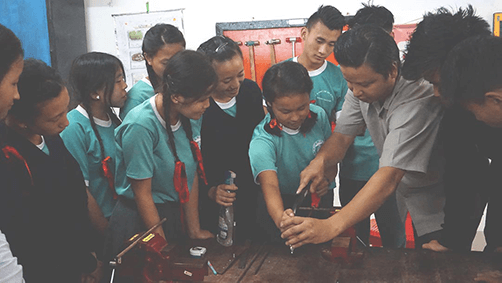Vocational Education
Vocational education is a discipline that focuses on providing individuals with the skills and knowledge necessary to excel in a particular trade, occupation, or vocation. Unlike academic education, which emphasizes theory and abstract concepts, vocational courses are designed to be application-based, emphasizing practical, hands-on learning experiences. This approach helps students develop the practical skills and competencies needed to succeed in their chosen profession.
Traditionally, vocational courses have been viewed as non-academic, but this perception is changing. Today, vocational courses have diversified to provide a wider scope of opportunities for students after the 10th standard. These courses can be acquired formally through trade schools, technical secondary schools, or on-the-job training programs. They can also be acquired informally by picking up necessary skills while working in a specific field.
Vocational education courses offer a range of benefits to students. They provide a more cost-effective and faster path to career success compared to traditional academic education. Additionally, vocational education courses are in high demand, making them an excellent choice for students who want to ensure that they have marketable skills upon graduation.
YouthNet, in collaboration with the SAMAGRA Shiksha programme under the Directorate of School Education, introduced the InnoveX entrepreneurship competition for vocational schools. The competition’s title, InnoveX, reflects its primary goal of fostering innovation and creativity in students and cultivating an entrepreneurial mindset by offering countless opportunities.
In September 2011, the Ministry of Human Resources Development launched the Samagra Shiksha Abhiyan (SSA), a centrally sponsored scheme aimed at integrating employability education into secondary and higher secondary education. The project’s primary goal is to implement vocational education aligned with the National Skill Qualification Framework (NSQF) in Nagaland’s schools, focusing on identified sectors under the Centrally Sponsored Scheme (CSS) for vocationalization of school education.
Project Swadheen, launched by Lend A Hand India (LAHI) in collaboration with the Directorate of School Education, Govt. of Nagaland, aims to introduce the Multi Skill Foundation Course (MSFC) in four high schools in Nagaland. The schools were identified and selected in coordination with the Samagra Shiksha Abhiyan authorities and the Department of Education. LAHI, in partnership with YouthNet, is responsible for implementing MSFC, a skill education program approved under the National Skill Qualification Framework (NSQF).



